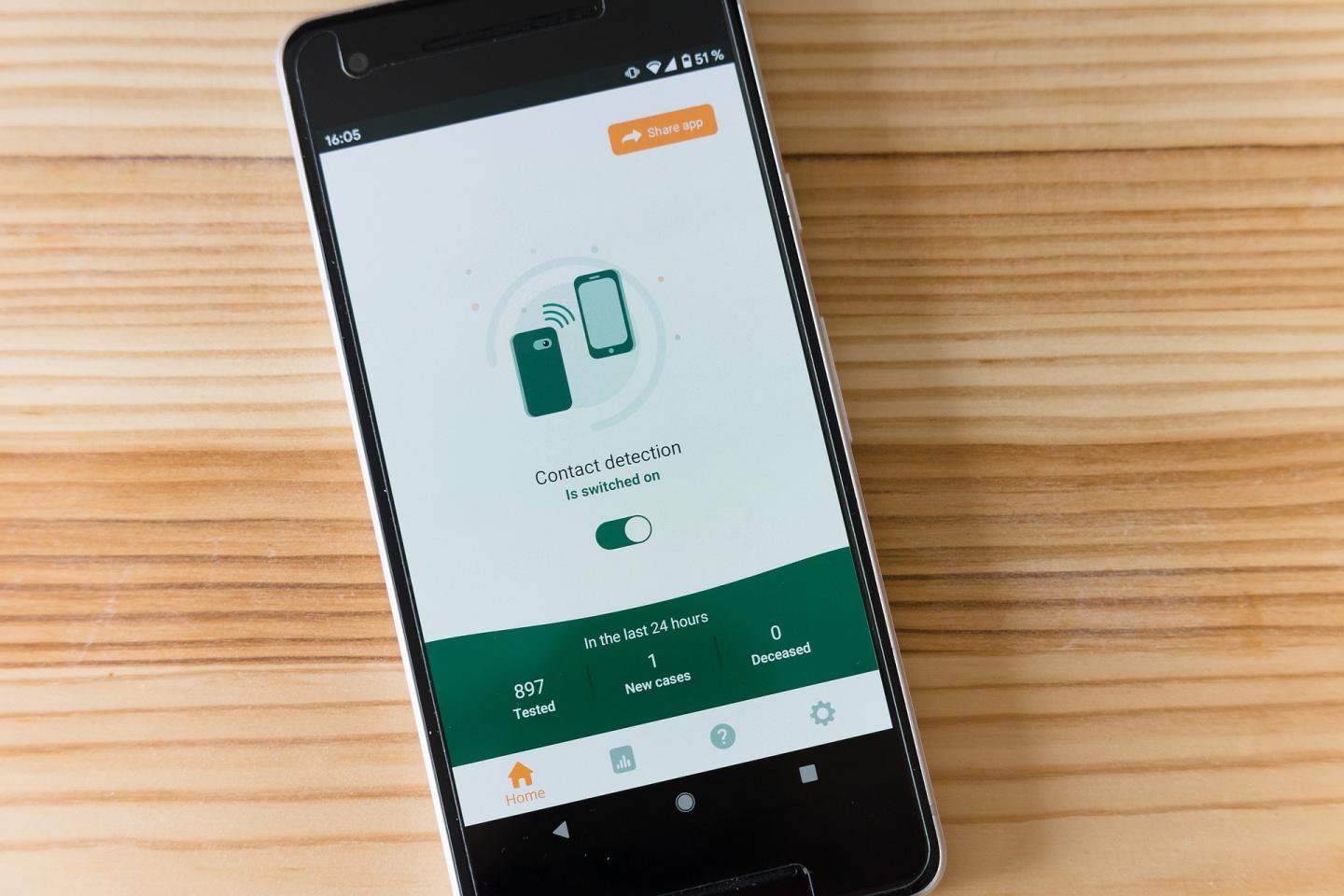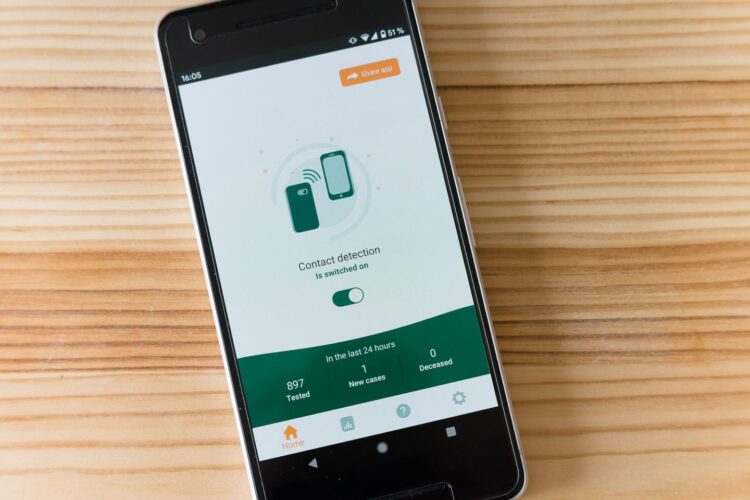Research team led by the University of Göttingen analyses design and communication strategies for mass acceptance

Credit: Markus Winkler
Coronavirus tracing applications for the detection of infection chains are currently being developed and made available across the world. Such contact-tracing apps are a central component of national strategies for relaxing restrictions. However, for these apps to be successful, they must be widely accepted and ac-tively used by a large proportion of the population. An international research team led by the University of Göttingen has investigated how decision-makers can use app designs to achieve mass acceptance. The results of the study have been published in the European Journal of Information Systems.
The study focuses on three particular aspects that also play a prominent role in public debate. How should privacy be respected? What inconveniences are acceptable? And who benefits from using the app? In order to find answers to these questions, the research team designed various coronavirus tracing apps. The ac-ceptance of the various app designs was then examined in an experimental study. The results show that these aspects are weighted differently within the population. For example, while privacy is important for people who are critics of such an application as well as for those who are undecided about it, convenience, which is optimized for example through low battery consumption or by being user-friendly, seems to be particularly important for those who are undecided.
“The key challenge in developing an application for contact-tracing, compared to the other apps we use every day, resides less in the implementation of the core technical functionalities,” explains Dr Simon Trang, Assistant Professor for Information Security and Compliance at the University of Göttingen and first author of the study, “the main concern must rather be to present an app that is accepted by the broad, heteroge-neous mass of the population. If this proves unsuccessful, the entire project will fail. Mass acceptance thus becomes the main design requirement for decision-makers in this new class of mobile apps”. Co-author Dr Manuel Trenz, Professor for Interorganizational Information Systems at the University of Göttingen, adds: “The decision makers therefore have to ask themselves which specific part of the population still needs to be convinced in order to achieve mass acceptance and make the app a success. And then one should fo-cus on those aspects that we have identified as particularly important for these groups.”
It seems crucial to communicate the beneficial outcomes of the app in a certain way. Arguments that focus on the benefits to society convince the critics and undecided (for example: “Protect the population”), while highlighting benefits to the individual (for example: “Protect yourself”) can be ineffective or even counter-productive. “Surprisingly, we also find this negative effect when both benefits are communicated together,” reports co-author Dr Welf Weiger, Assistant Professor of Digital Marketing at the University of Göttingen and Alfaisal University. The researchers therefore recommend a clearly focused communication strategy that emphasizes the benefits of contact-tracing apps to society – as opposed to what many countries are cur-rently doing.
Professor Monideepa Tarafdar from Lancaster University Management School and one of the authors of the new study said: “More than half of the population must install and actively use the app in order for it to be effective and for lockdown to be lifted safely. In light of the urgency of the situation, and the fact the gov-ernment will roll it out voluntarily, getting a true understanding of how to get the masses to accept – and crucially, use – one single app, is the most important consideration for developers. Our study reveals that one app simply cannot fit all – so the government needs to understand what the majority of us think about the system in order for it to be successful.”
“Our results provide an explanation for the failure of existing contact-tracing apps such as those in France and Norway. At the same time, the results provide decision-makers in countries where these apps are still being developed with important insights into key considerations for designing these applications to contrib-ute effectively to the containment of the Covid-19 pandemic and the return to normal life,” concludes Trang.
###
Original publication: Trang, Simon; Trenz, Manuel; Weiger, Welf H.; Tarafdar, Monideepa; Cheung, Christy. 2020. “One app to trace them all? Examining app specifications for mass acceptance of contact-tracing apps” European Journal of Information Systems. DoI: 10.1080/0960085X.2020.1784046
Contacts:
Professor Simon Trang
University of Gottingen – Faculty of Business and Economics
Assistant Professor for Information Security and Compliance
Platz der Göttinger Sieben 5, 37073 Göttingen, Germany
Tel: +49 (0)551 39 29723
Email: [email protected]
http://www.
Lara Cowperthwaite
Media and Communications Officer – Lancaster University Management School
Lancaster University
Tel: +44 (0) 1524 510998
Email: Lara Cowperthwaite [email protected]>
Media Contact
Andrea Tiedemann
[email protected]
Related Journal Article
http://dx.





